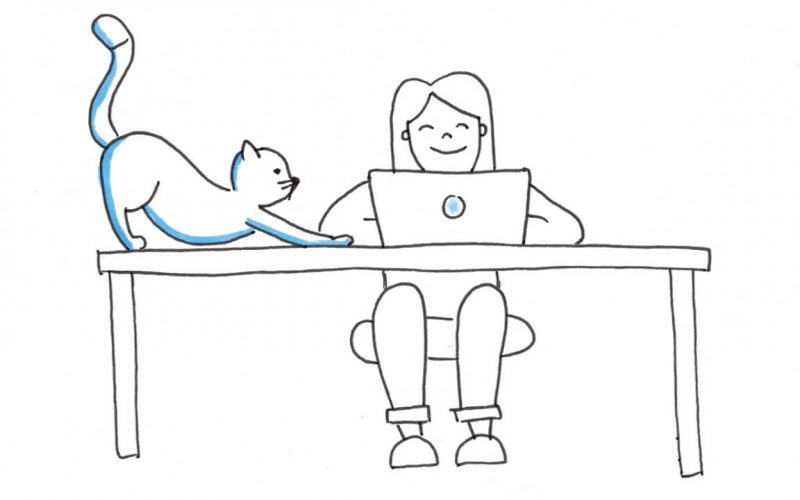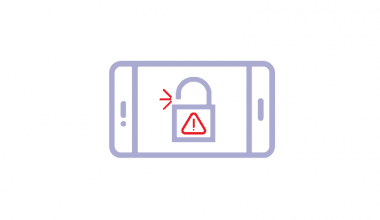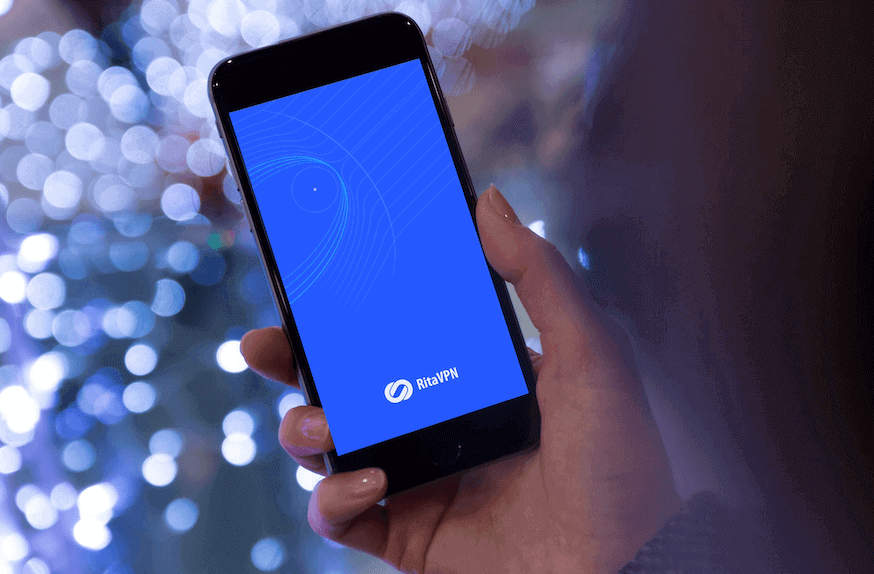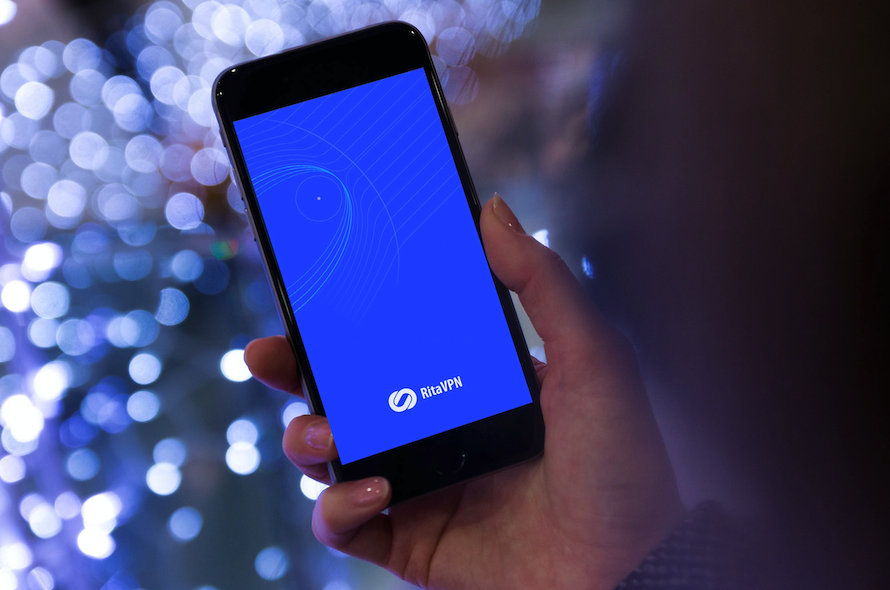Are you working remotely due to the outbreak of coronavirus?
More and more employees are forced to work remotely. This “revolutionary” form of digital production has become the “saviour” of the digital economy.
No matter how long the commute used to be, it only takes 10 seconds now.
However, telecommuting was not adopted by most companies because of low work efficiency and security concerns. When working remotely, the equipment and network you use for work will change. May it be your home computer infected with malware, or your home WiFi cracked by your neighbors.
Therefore, employees should be aware of any security risk while working remotely. Although telecommuting is not new to a few people, most people don’t how to keep their data safe when working remotely, causing a large number of privacy and data security issues.
RitaVPN summarized the following security tips for your reference:
1. WiFi security
Before you start working, it is essential to check your home WiFi in case there is any security risk. Because you don’t know who else has access to your home WiFi. It might be cracked by hackers or shared with others by some WiFi password hacking apps. If so, your home network becomes dangerous for telecommuting. Do the following steps to secure your home WiFi:
- Connect to the WiFi, go to the router’s settings.
- Make sure the router is upgraded to the latest version.
- Check the currently connected devices to see if there are any unfamiliar devices.
- Blacklist unfamiliar devices. Add devices that are allowed to connect to the WiFi to the whitelist.
In addition, you shouldn’t use public WiFi to work when you are outside. If your task can’t wait, you’d better use your mobile phone’s hotspots.
2. Software security
To work remotely at home, you will need some software and tools. However, you shouldn’t download them from unknown sources. They might be used to spread malware. If that’s the case, your device will get infected.
In addition to download software from official channels, it is highly recommended that you keep your software updated to the latest version and check your software for updates regularly. Software update not only brings new functions, experience optimization, and so on, but also fix security bugs, which is essential for your data security.
3. Beware of phishing
Phishing has been commonly used to pose threats to Internet users. Since the fight against coronavirus becomes tougher, many hackers exploit information related to the coronavirus outbreak to perform phishing attacks.
For example, an APT attack that exploited COVID-19 was performed in the medical field of China.
Therefore, do not click on links or open attachments from unknown sources. If you want to know more about the coronavirus outbreak, read news from official news websites.
4. Use a VPN
As we mentioned above, your task may come when there are only unsecured networks such as public WiFi. If you don’t use a secure WiFi connection, your data, file and password are in danger. It is rather easy for a hacker to compromise a member of the same public WiFi. The best way to ensure your data security is to use a virtual private network, also known as a VPN.
No matter what kind of WiFi you are connected to, a VPN can secure your Internet connection and protect data, information, and passwords from the spying eyes. There is no shortage of VPNs, but RitaVPN is the best VPN for your Internet privacy and security. It offers military-grade encryption and unlimited bandwidth, keeps a strict zero-logs policy, etc.
5. Use strong passwords
Set strong passcodes is the easiest way for us to protect our privacy. Hackers can crack simple passwords faster than you can imagine. It is harder for a hacker to crack a password if it is longer or more complex.
A strong password should combine letters in upper and lowercases, numbers, and special characters. It is safer to increase the length of the password and make it more complex.
Besides, a strong password shouldn’t be used for multiple accounts to save you the trouble of creating and remembering many strong passwords. Although it is annoying, you’d better change your password every few months.
Additionally, you can use a password manager to generate strong passwords and also help you to manage your passwords to save you the stress of memorizing long and complicated password combinations.
6. Use two-factor authentication (2FA)
It is impossible to prevent hackers from cracking your password. Two-factor authentication can make it harder for hackers to access your account even if they have your passwords.
Two-factor authentication improves your security and privacy by using two authentication factors to verify your identity. For example, in addition to entering the username and password when logging in, you need to enter the verification code you receive either via text messages or emails.
If you have a large number of accounts, this is a disaster.
Conclusion
Staying home keeps you safe from coronavirus but not cyber threats. The tips above are time tested tips guaranteed to keep you safe from cybercriminals and other online threats.
Coronavirus is Spreading, Cybercriminals are Exploiting It to Perform Attacks
Security Tips For your Android
How to Prevent Common Types of Password-hacking?
WiFi Password Hacker Cause Data Leakage
UK Railway Station WiFi Exposed Travel Details of 10,000 Users
How to Open a Computer without Password?
Social Media Security Tips you Should Consider
When you use a reliable VPN service like RitaVPN, your IP address is hidden hackers, cybercriminals, your ISP and other snoopers so that they can’t trace back to you. And your traffic data is secured with encryption. Thus, you are safe and anonymous online with RitaVPN.






